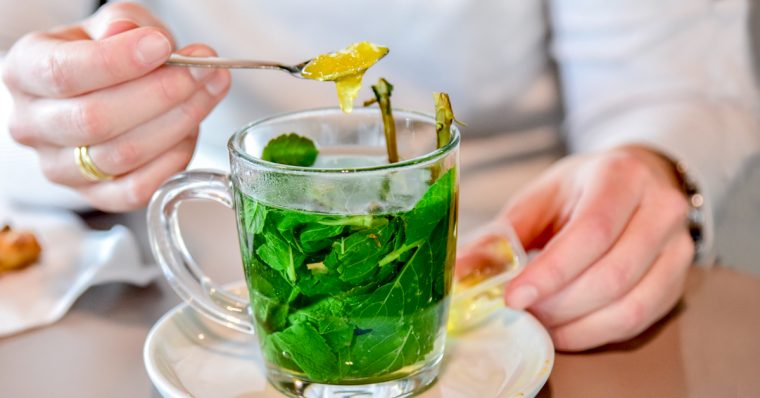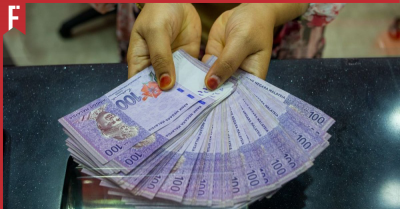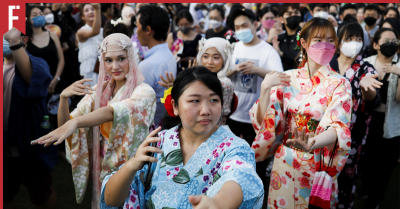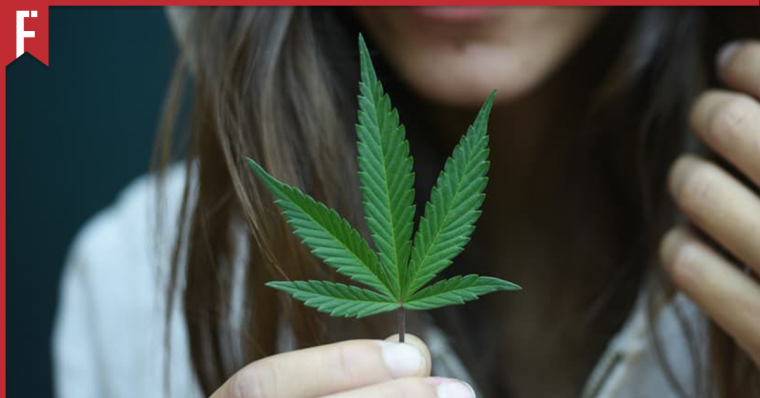
It was a typical New Years Eve party in Manchester, England. There was food, there were drinks, there were people who were enjoying far too much of both. And, of course, there was the batch of “special” brownies that someone had brought over as a treat.
Being young, naïve and far too willing to push my luck, I assumed that “special brownies” just meant “had alcohol”. So I took two. They tasted fine, but nothing really happened, so I ignored the half-hearted warnings from the person who’d brought them and helped myself to a few more.
“Bah, this is nothing!” I thought, settling down to watch a horror movie with my friends. “I don’t see what the big deal is.”
An hour later, I lay huddled in bed, my head swirling as if I’d been put through a blender. I went to the toilet to wash my face, only to turn around and go right back to bed after looking in the mirror and seeing the evil clown from the earlier movie lurking over my shoulder.
The next morning, I woke up with a blinding headache. As I threw up in the sink, I thought “Wait, those brownies didn’t have alcohol…”
Why Are People So Interested in Weed?
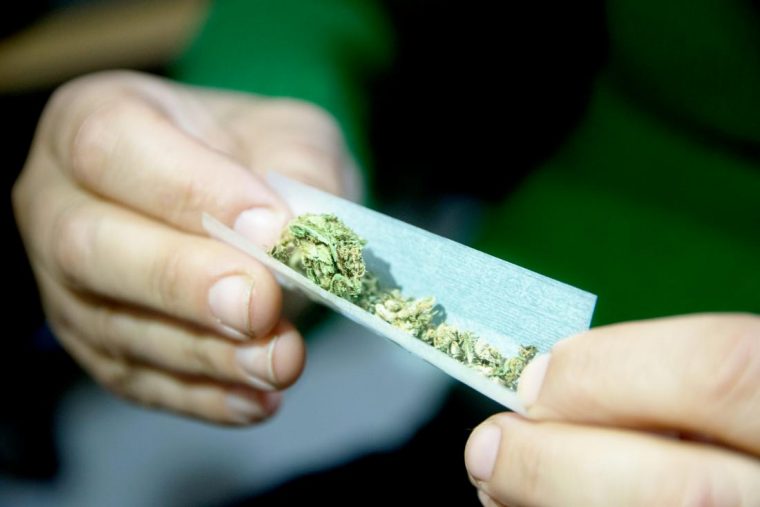
Whether you prefer to call it weed, marijuana, ganja, cannabis or some other name, recreational drugs tend to be one of the main cultural differences between Asian and Western people.
When I was living in the UK, weed was just a thing, especially among the younger generation. It was seen as something similar to smoking or drinking alcohol — not a very nice habit and definitely not to be encouraged, but also not worth complaining about as long as they kept it to themselves.
Malaysians, on the other hand, tend to be a lot stricter about it. Asians in general have a rather dim view on drug users, but Malaysia in particular has pushed it to a whole new level with the Dangerous Drug Act 1952.
Under this act, anyone caught possessing over 200 grams of weed or weed resin is assumed to be intending to distribute it — a crime that can potentially lead to the death penalty!
However, that might be changing soon.
Could Weed Be Legal in Malaysia?

On 9 November 2021, Health Minister Khairy Jamaluddin stated that while recreational drug use was still a big no-no, Malaysia’s laws do not prevent the use of such drugs for medicinal purposes!
In fact, under the Dangerous Drugs Act 1952, Poisons Act 1952 and Sale of Drugs Act 1952, such products can actually be imported and used by Malaysians!
“If there are parties who have sufficient scientific proof of a need to use cannabis (hemp) for medicinal purposes considering aspects of quality, safety, and effectiveness, they can then apply to Drug Control Authority (DCA) for the product to be evaluated and registered under the Control of Drugs and Cosmetics Regulation 1984 (CDCR),” he said.
But before all you 420-weed meme fans rejoice, you should know that there are some strict criteria that needs to be followed.
“Cannabis (hemp) is also listed under the Single Convention on Narcotics Drugs 1961 Schedule 1. Schedule 1 limits the use of cannabis to medicinal and scientific purposes that involve production, manufacture, export, import, distribution, trade, usage and ownership,” said Khairy.
In other words, weed in Malaysia is treated as a medicine rather than a recreational activity.
So Who Can Actually Take Weed?
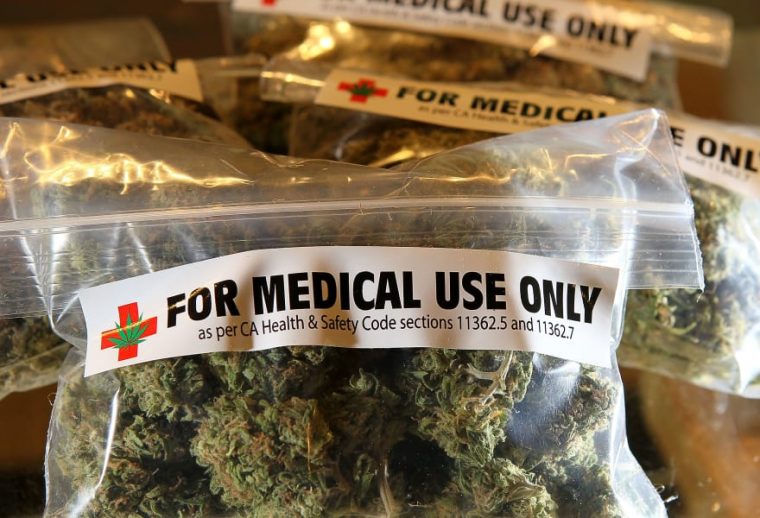
For medical professionals like Dr Rusdi Abd Rashid, the Health Minister’s announcement could not have come sooner. As the Director of the Centre of Addiction Sciences at Universiti Malaya (UM), Dr Rashid knows better than most how useful medical marijuana can be for those who’re suffering from schizophrenia and other mental health issues.
He recalled one particular case where medical marijuana was able to help a family who were struggling to cope with their child’s severe autism.
“She (the mother) had given the CBD (cannabidiol) oil to her son. She just put a few drops under the tongue on a daily basis and she found that the child became less hyperactive and showed less disturbing behaviour,” he said.
According to research, weed has been suggested to help with a variety of medical issues including pain relief, insomnia, depression and possibly even Alzheimer’s disease. However, a lot of this research is still inconclusive, and most scientists believe that more studies are needed to confirm just how useful weed can be.
How Can Malaysians Legally Get Weed?

Not easily.
Dr Rashid and other medical professionals may have spent years researching the medical benefits of drugs such as weed, but trying to get it in Malaysia as an ordinary Joe isn’t as simple as going down to the nearest kedai runcit or 7-Eleven.
For one thing, any product linked to weed needs to be registered with the DCA. They can only be brought into the country by a licensed importer and can only be sold by a registered medical practitioner or Type A licensed pharmacist to a patient with a specific prescription.
In order to receive it legally, a patient needs a diagnosis from a trained and certified medical practitioner. They will examine the patient, then hand over a prescription that has to be filled out at a specially registered pharmacy.
And apart from all that, all of these patients are required to carry a medical card explaining what kind of controlled substances they’re taking in case they’re stopped by the police.
“If there is no proper diagnosis and we suspect they are just recreational users, then we won’t give a prescription,” he said.
It’s Time to Update Our Drug Laws
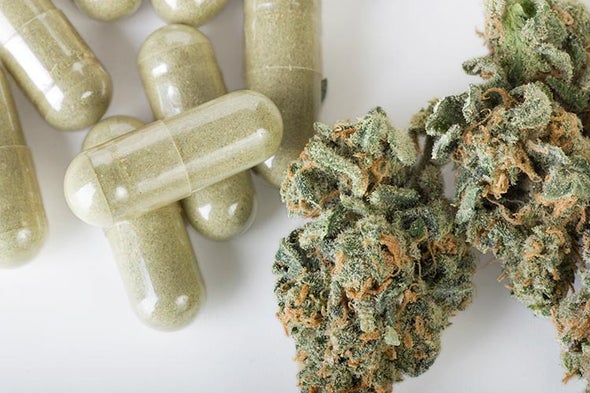
Personally, I still don’t get why people are so excited about weed. But putting aside my own dislike for recreational drugs, I do support the idea of updating our country’s drug laws. While they’ve served us well so far, a lot of these regulations were written back in the 50s — which puts them at nearly 70 years old! It’s fine to be strict, but having our laws updated to match these modern times can only be a good thing.
I don’t think Malaysia will ever get to the point of openly selling weed or having a recreational drug culture as extensive as America or Europe. It’s just not really part of our culture, and that’s perfectly fine.
However, while recreational use is out of the question, medical use is another thing entirely. At this point, the global weed market is worth billions of dollars. There’s a lot of money on the line for anyone who can legally produce weed on an industrial scale — a demand that our country is potentially suited to match.
With this kind of money on the line, legalising weed — at least for medical purposes — would be beneficial not just for our citizen’s health but for their wallets as well. While strict regulations will be needed to prevent abuse, I believe that if this issue is handled properly we could see Malaysia become a hub for medical marijuana research within our lifetimes.
In the meantime, even if you can’t get your hands on some dank weed, there are still plenty of options available for those looking for a… less conventional type of medical treatment. For more information, check out:
Can These Simple Old Folk Remedies Actually Cure Your Illness?
